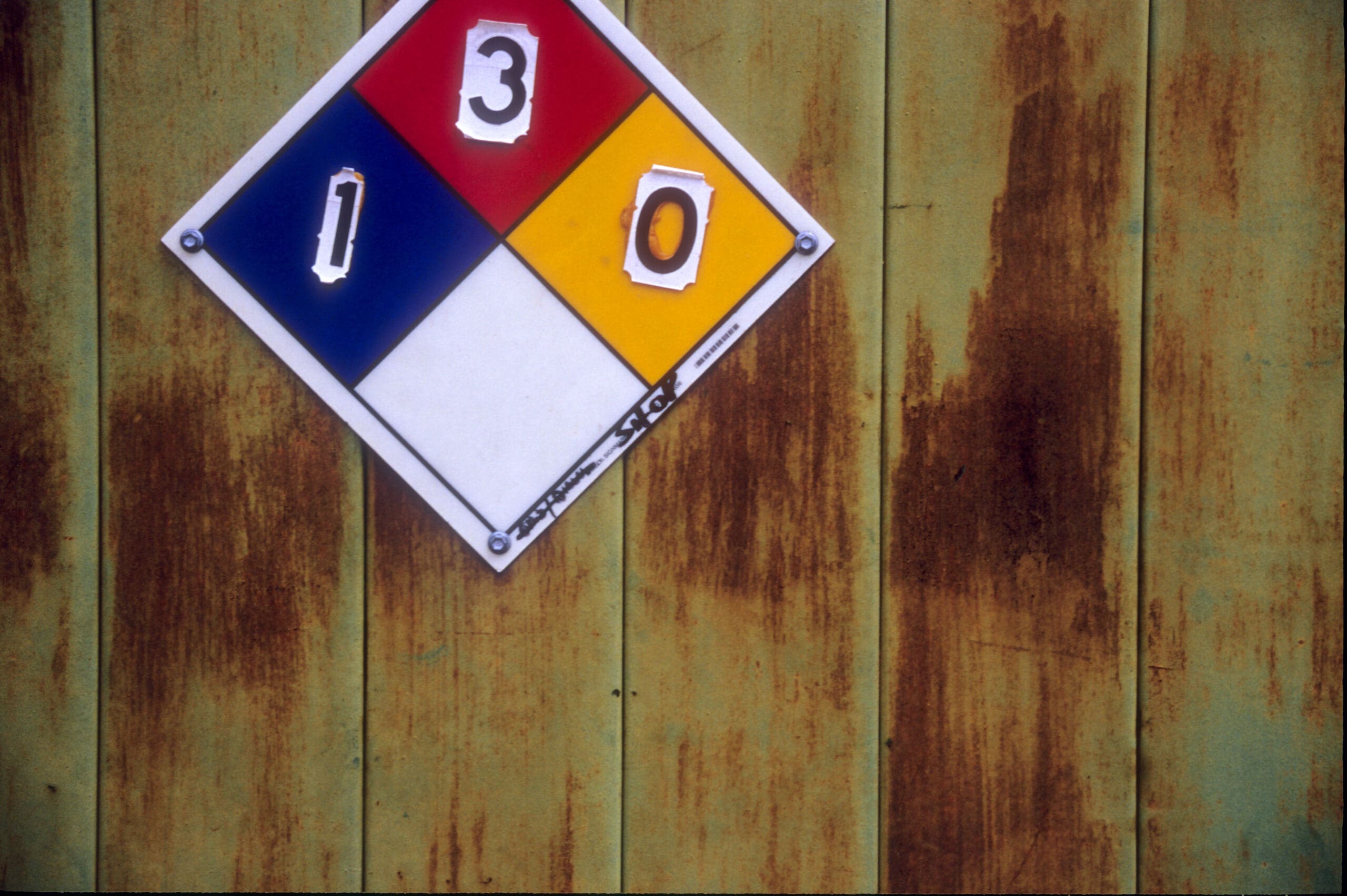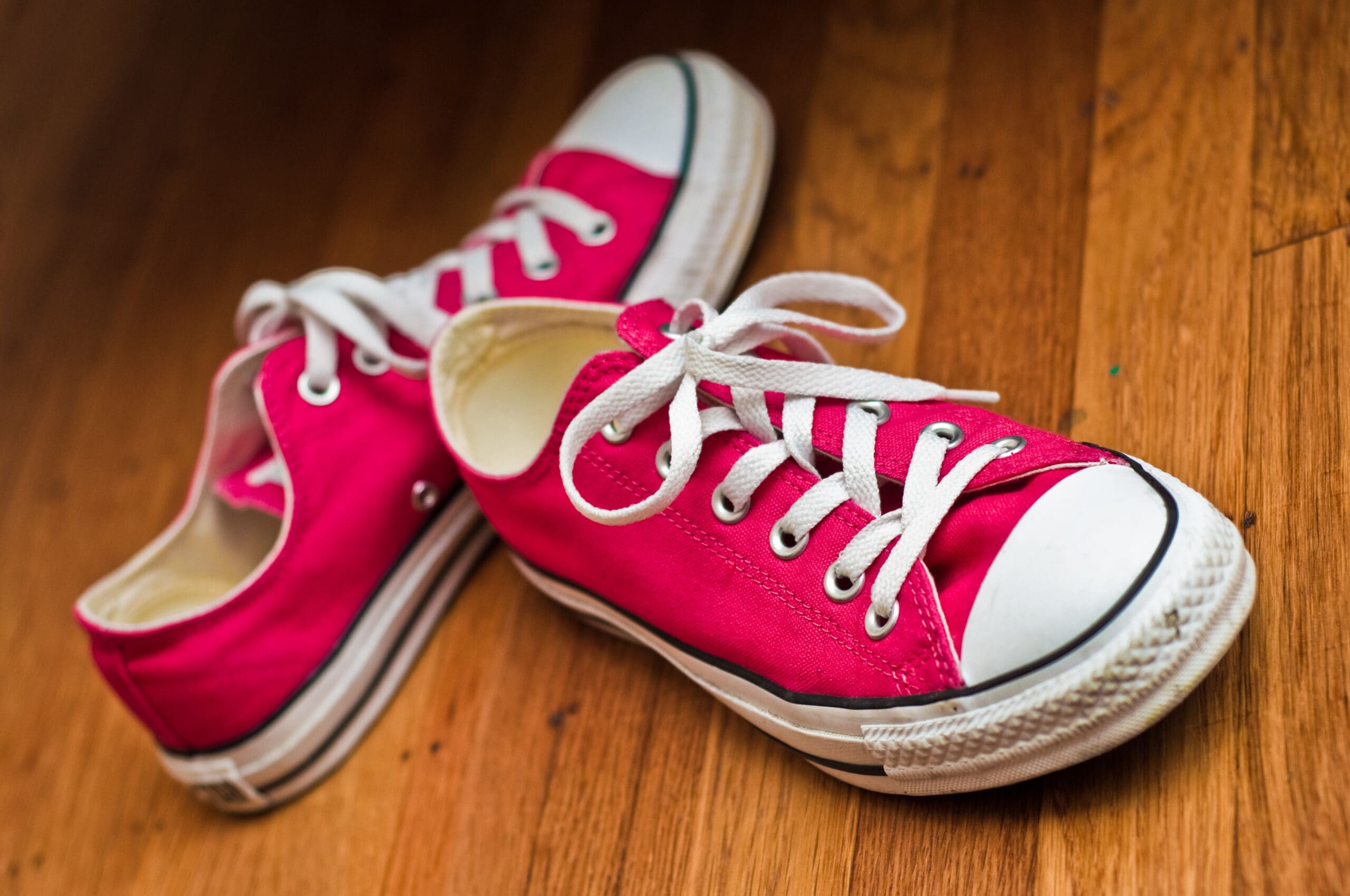Harvey Olsen never had any interest in surviving any kind of apocalypse — not zombie, not viral, and certainly not nuclear. He honestly did not understand those who did. All that prepping, all that work, it all seemed like such a bother for a very meager reward. There were no stockpiles of canned goods, or bottled water, or gas masks, or guns, or ammo at Harvey’s house. So, on a crisp fall morning, when NPR warned him of impending doom from above, he lit a cigarette, brewed some coffee in his French press, then sat on his porch, where, he indented to spend his last forty or so minutes on earth in relative calm. His only plan was enjoying the last three vices he had left to himself — smoking Winston cigarettes, drinking expensive coffee, and watching humans behaving in distinctly human ways. He did this third thing near constantly and without really knowing it. He enjoyed being alone in crowded places for this reason.
It was the show before the show that he thought was really worth watching. On Sunday afternoons, that meant walking down to the park, sitting on his favorite bench, and taking in the families there. Parents running around with their children, playing tag, falling down, rolling on the ground, roughhousing, and laughing. The skinned knees and the crying. Now it was watching his neighbors stepping out of their homes, looking up to the sky in dumbfounded bewilderment and wondering if the newscast was real, or, if they were in some kind of War of the Worlds situation. He saw them. He thought he felt what they felt but that it was defused somehow and less urgent to him — the odd feeling of disquiet and danger. He wouldn’t let their growing panic move him from his spot.
The sound of distant gunfire popped muted in his ears. Somewhere, far but not really far enough, the looting was starting. Harvey went back inside and found the glossy poster paper that he’d been planning to fold into a large paper airplane and fly from his roof. He wrote on it in thick, black Sharpie:
I
Have
No
Food/Ammo
I
Did
Not
Prepare!
He used some packing tape to affix the sign to the metal railings of the porch he shared with his neighbor, and he sat back down. However, after a few moments, Harvey began to worry that it would appear as if he was asking for food and ammo, so he drew a sloppy asterisk which looked an awful lot like Kurt Vonnegut’s asshole and he wrote in smaller fine print *don’t worry about me — I’m just here for the show. Then he worried that that was too glib and flippant and that any would-be looters would be angered, assume it was meant as a way to throw them off, and then shoot him in the head, which probably wouldn’t be so bad (as he had no intention of making it past the day) if it was not for the fact that it would be a real bummer if he died of something so mundane and commonplace in America as being shot in the head on the day the big one came. I’m spinning-out about offending imaginary looters on the day our world ends, he thought. Harvey Olsen closed his eyes, sat back down, breathed in and out, opened his eyes again, and lit another Winston. He felt calm again. The only thing he wished he had that he didn’t have, was a glass of beer. He hadn’t had one of those in five years and now that all seemed like so much wasted (or non-wasted) time.
When the bewilderment ended, and the panic began, Harvey no longer found the behavior of his neighbors entertaining to watch. What Harvey saw from his porch started slowly. At first, there was no real sense of urgency at all. Everyone just looking around and hoping to find answers in the faces of their neighbors, but there were none there. When the guns in the distance started, it confirmed that, yes, this was real. Men he knew to have families inside the homes they just came out of took off. Where they thought they were going, Harvey didn’t know. When their wives and children came out a few moments later and found themselves alone, they ran off too, and usually in the opposite direction.
The great mass came soon thereafter. Crowds of people moving in loose, unaffiliated herds coming from all directions. No one quite knowing exactly where to go. All running. People running who are not in the habit of full-tilt running do not look like they do in the movies. Real panic-running is much uglier than that. Much more depressing. The panicked run with odd gaits, all scared and loping, or in tight and anxious and compact strides. He saw more than a few of them tripping over their own legs and falling down hard. They cursed and then got back up, crying, and then tried to run at top-speed only to fall again. Some went down in the herd, and Harvey never saw them pop back up. For those not in the habit, it struck Harvey, sustained top-speed movement is a fucking impossibility when placed in a stressful situation, which, of course, is the only situation most people would have the need for sustained top-speed running. This, honestly, was the worst part of his whole day. The watching of people flee in panic and hoping for safety elsewhere — safety anywhere.
Susan Montgomery lived next door and shared Harvey’s porch. They’d never spoken except to exchange mail when the postman made a wrong delivery. From his spot, he saw her curtains move and her face in the window as she watched the scene. He wondered if she thought her home was a safe place, or if she was like him, and had no intention of making it out of the day alive. He saw her seeing him and then her curtain abruptly snapped shut. He worried that he’d offended her by noticing her watching the same thing he was watching — people in the apex of human consciousness. In pure survival-panic. He felt stress and anxiety and worry that by seeing her watching exactly what he was watching that he had robbed her of some comfort in these last forty minutes of the earth being as they knew it.
A few minutes later, Susan’s door opened, and he could see she was carrying a tray with a clear glass pitcher and two glasses.
“Do you mind?” asked Susan taking the unoccupied chair next to him on the porch. They were now both behind his sign. They were both watching the seemingly ceaseless stream of people.
“By all means.”
A man was yelling, “THERE’S A FALLOUT SHELTER AT THE HAISH GYMNASIUM!” over and over again as he ran by. Susan set her tray down and poured the clear liquid from the beading picture into one of the glasses and the smell of hastily mixed gin and vermouth wafted on the immediate air. “THERE’S A FALLOUT SHELTER AT THE HAISH GYMNASIUM!” the man’s voice came again, but this time faded by distance and buffeted by the bodies of the people who all now seemed to be moving in the same direction, towards Haish Gym.
“He’s wrong, you know.”
“I’ve seen the signs, leading to the basement, the yellow ones with universal radiation symbol, there is a fallout shelter at Haish Gym.”
“There is a sign at Haish Gym, but it just leads people to a room… like any other.”
“It’s a fake?”
“It’s like when a business puts up a sign that says “this store is under video surveillance,” or, the more colloquial, “Smile, You’re on Camera,” it’s there for peace of mind and the illusion of security. The fallout shelter signs were bolted to walls of places like Haish Gym in the early 60s, at the height of the Cuban Missile Crisis, they’re the decorative equivalent of duck-and-cover. If the big one comes, it makes people feel like there is something they can do. Like they have some control over the situation. It gives the masses some direction, which makes them feel safer, which, in turn, makes them more docile. Problem is, the crisis ended and the signs stayed up, and unlike duck-and-cover, nobody realized how foolish they were.”
The fleeing horde started looking directionless and confused again after the man yelling about the fallout shelter at the gym was out of earshot. Harvey went back inside and grabbed another piece of poster paper and wrote on it:
There is
A
Fallout Shelter
At Haish Gym!
*
He attempted to draw the universal symbol for radiation, but again, it turned out looking more like Kurt Vonnegut’s asshole. He hung the sign next to the first, and he felt good for the first time since the panic started. He’d felt he’d done something. Exerted his own sort of control. The ones who noticed his signs slowed down, some changed their direction, and some yelled “thank you” over their shoulders as they did. He really did feel good.
“Gin?” asked Susan.
“Yes,” he said, picking up the second glass from the tray and holding it up to the mid-morning light and inspecting it for dish soap residue. He found it to be immaculate. “Just a taste.” Susan filled his glass to the brim.
“You can figure out how much is just a taste.”
“I suppose.” He sipped at the edge of the glass, and the taste of gin, at that moment, was particularly awful. That’s life, he thought, you build a thing up in your mind for ages, daydreaming on what it will be like, and when circumstances line up just right for you to reasonably make that decision without regret or shame and you get what you’ve been obsessing about, when it actually happens, it’s all just so disappointing — like meeting your favorite celebrity, it can’t really be anything but a letdown.
“My brother has a place we can go, stocked with enough food to last six years, it’s safe… or so he says,” Susan said, swirling her gin in her left hand. She’d lit a Virginia Slim and was holding it just so — hand bent backward at the wrist and held aloft near her chin, cigarette resting between the index and middle finger, and the little spiral of smoke trailing off with the wind. “His house was built in 1964 and the man who built it was a bit of a paranoid. The basement was designed to withstand a direct hit from a conventional bomb and below that, further underground, is proper fallout shelter, accessible through a secret hatch by the sump pump. My brother says it’s cramped as all hell, but it can fit at least five adults. We could make it if we left now.”
“That sounds absolutely terrible.”
“It really does, doesn’t it?”
They sat in comfortable silence with each other for quite a while, sipping their drinks, and each smoking two more cigarettes — him his Winstons and her, her Slims. At least fifteen minutes had passed before Harvey noticed that he was very much content.
In both of their estimations, it was supposed to feel different — be different. In refusing to participate in the mad-dash last attempt to save themselves from the blast, they had a certain expectation of what the final moments would be like. Flash. Warmth. Fire. Nothing. That’s how it is shown in the movies. They were promised a swift judgment; they expected to be judged.
“The air pressure just changed. It feels warmer,” said Susan.
“That’s just the anticipation. We have five minutes,” Harvey said, looking at his watch.
“It feels so disappointing now that it’s here.”
She was right; Armageddon had come five minutes early. Twin mushroom clouds rose far in the distance and the air had indeed shifted and the warmth was now on both of their cheeks. There was a flash but it was unimpressive from this distance and did not satisfy either of their expectations of what the nuclear apocalypse would look like. The silence of the moment, the absence of the scurrying people, save for the one or two who were just kind of milling about in a daze, was actually kind of nice. He wondered if the warmth he was feeling was radioactive. He knew that it was.
“It looks like they dropped two on Chicago,” said Susan.
“Yeah.”
“I guess they just wanted to make sure.”
“I guess.”
“Why are we still here?”
“I guess we are just a touch too far away, I think the radiation will get us, eventually, but who knows how long that will take.”
“I would have thought they would at least dropped one on the outer suburbs. You know, to get everyone in the sprawl.”
“You’d think…”
“What do we do now?”
“Go inside and wait, I suppose.”
“God, we survived, didn’t we?”
“We did.”
“That is so fucking disappointing.”
They would leave the signs on the railing of their shared porch, the one indicating that there was nothing of value inside, and the other directing any stragglers to Haish Gymnasium. Susan picked up the pitcher of martini, and Harvey began dragging the chairs and the small table inside.
“I’d like to come inside your place,” Susan said.
“It’s not a problem. I have enough food to last us about a week if we ration.”
“If you kill me, it could last two weeks, maybe three if you really try.”
“I will not do life-span math with you. I will not think that way.”
“We survived, though.”
“But we are not survivors.”
Scott Mitchel May is a writer living in rural Wisconsin with his family.




